6 Natural Ways to Keep the Bees Away
As temperatures rise, we’re drawn to spend more time outdoors, whether tending to our gardens or hosting outdoor gatherings. However, bees buzzing around can disrupt the enjoyment of fresh air. While insecticides might seem like a quick fix to deter bees, they’re harmful to these vital pollinators and the environment. Since 2006, bee populations have been declining due to factors including pesticide use, and since bees play a crucial role in pollinating crops and supporting ecosystems, it’s important to avoid methods that harm them. Fortunately, there are natural, eco-friendly ways to gently repel bees from your outdoor spaces without causing them harm, allowing you to enjoy your time outside while protecting these beneficial insects.
**Cucumber Peels**
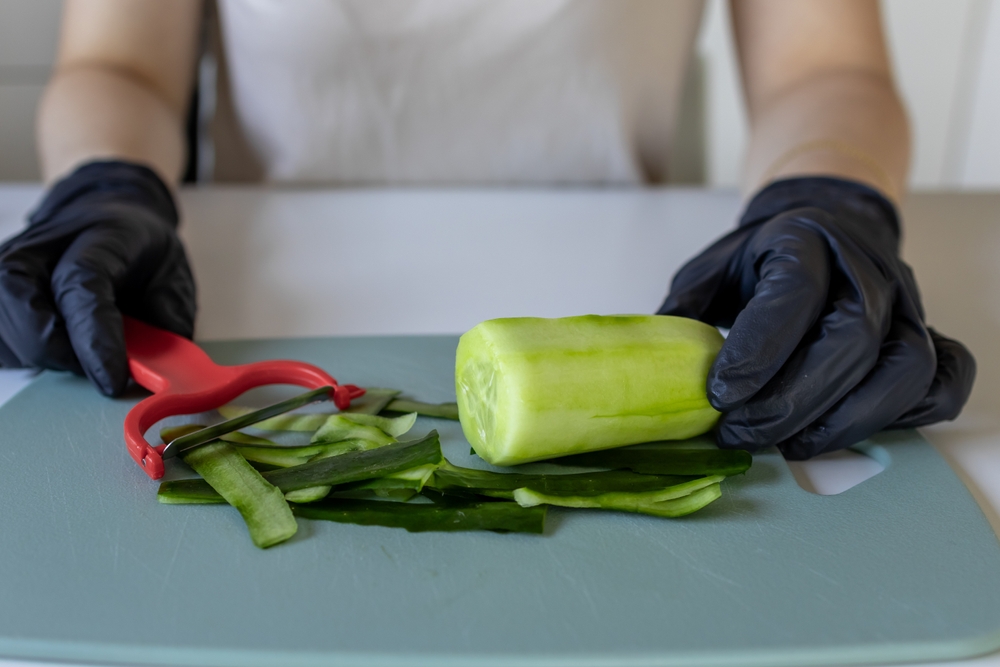
Cucumber peels can help deter bees from small, specific areas. If you’re opening windows and doors to let in warm air, placing cucumber peels on windowsills or near entry points may discourage bees from entering your home. This method can also be used in targeted garden spots where you want to reduce bee activity. While not a foolproof solution, the scent of cucumber peels is generally unappealing to bees.
**Peppermint Plants**
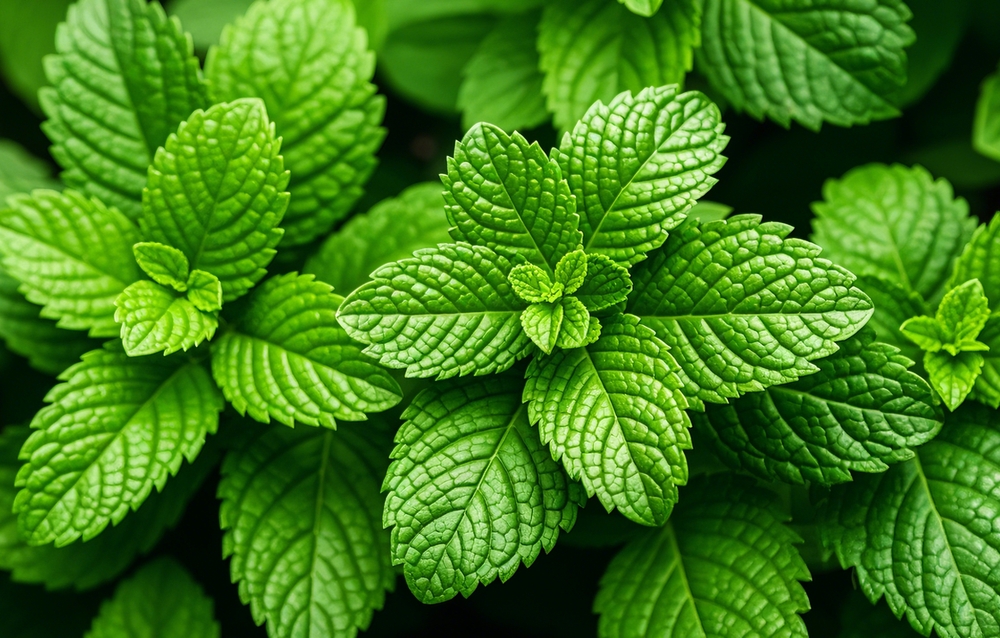
Bees tend to avoid the strong scent of peppermint. Planting peppermint around your home, patio, or garden can naturally discourage bees from lingering in those areas. This approach not only helps keep bees at bay but also provides you with fresh peppermint for culinary or decorative use. Ensure peppermint is planted in pots or contained areas, as it can spread aggressively.
**Cinnamon**

Sprinkling ground cinnamon in areas where bees are active, such as patios or garden beds, can encourage them to move elsewhere. For best results, apply cinnamon daily for about a week to create a lasting effect. While cinnamon is non-toxic to bees, its strong aroma disrupts their ability to linger comfortably in treated areas.
**Garlic Solution**

A homemade garlic spray can serve as an effective bee repellent. Chop garlic cloves, soak them in water for a few days, then strain and place the liquid in a spray bottle or shallow containers near plants or outdoor gathering spots. The pungent odor repels bees without harming them, making it a safe option for gardens and patios.
**Vanilla or Baby Oil**
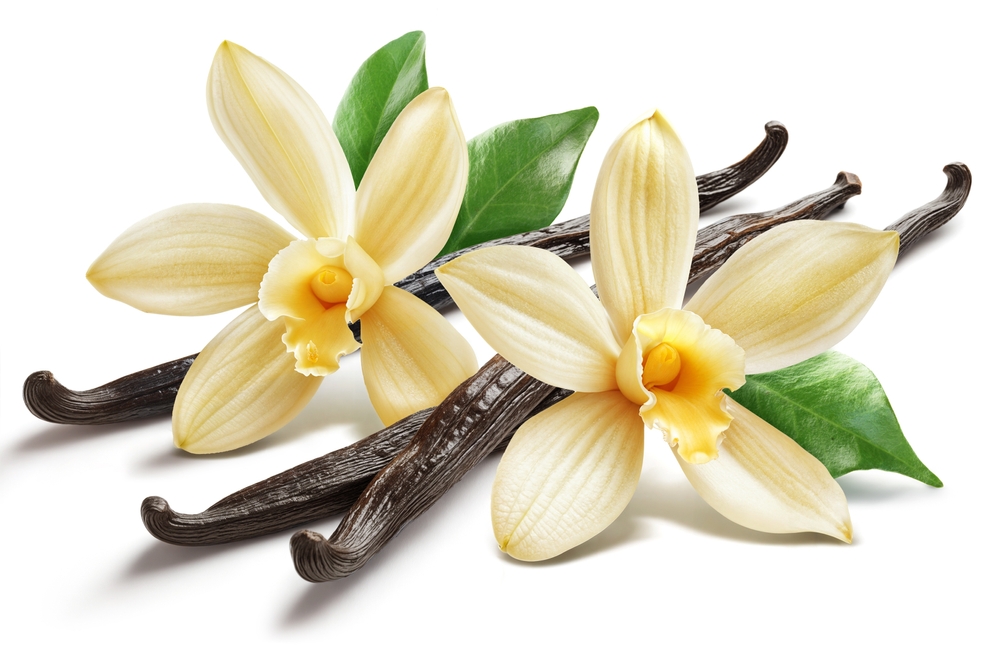
If bees seem attracted to your skin during outdoor activities, applying a diluted vanilla mixture can help. Mix a tablespoon of pure vanilla extract with water and dab it on your skin to deter bees. Alternatively, unscented baby oil can create a barrier that makes your skin less appealing to bees. Both options are safe and effective for personal use in bee-prone areas.
**Organic Baby Powder**
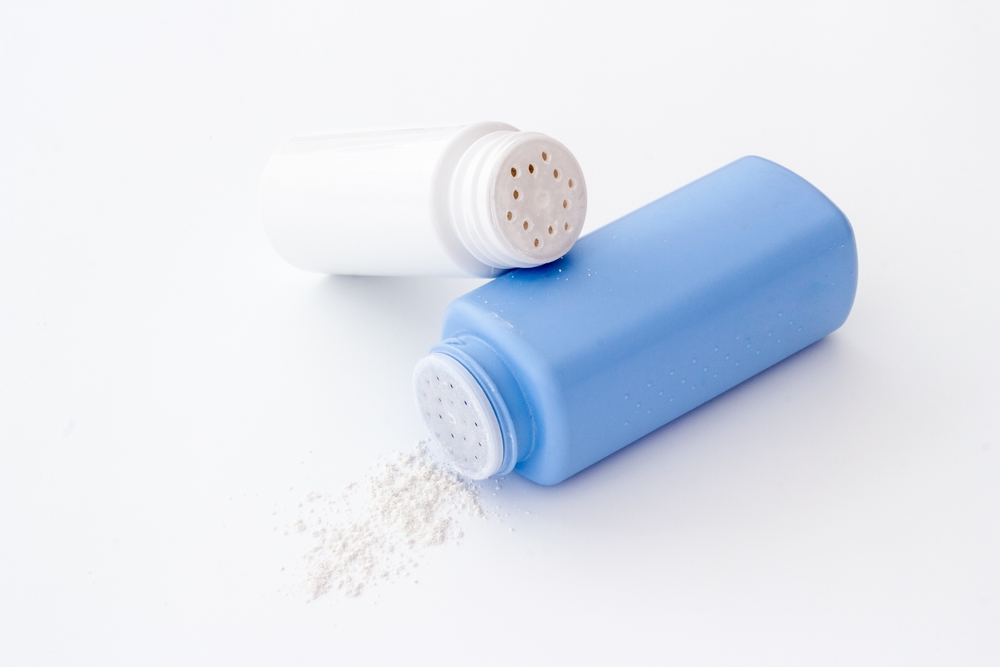
Organic, cornstarch-based baby powder can be sprinkled around outdoor areas to discourage bees. The fine powder and its mild scent can disrupt bee activity in targeted spots like decks, patios, or picnic areas. Be sure to choose a natural, talc-free product to ensure it’s environmentally friendly and safe for use around plants and pets.
Conclusion
By using these natural methods, you can enjoy your outdoor spaces in Northwest Ohio without harming bees or the environment. For persistent bee issues, such as colonies in walls, contact The Mindful Beekeeper for humane, eco-friendly honeybee removal and relocation services.
*Note: While these methods are generally effective, their success may vary depending on bee species, local conditions, and the intensity of bee activity. Always prioritize humane and environmentally safe practices when managing bees.*

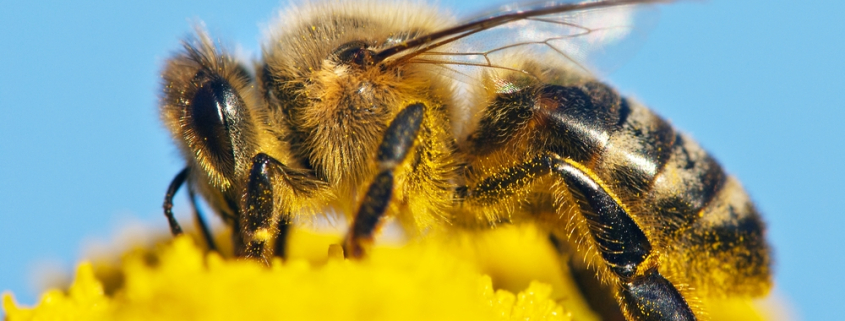



Leave a Reply
Want to join the discussion?Feel free to contribute!